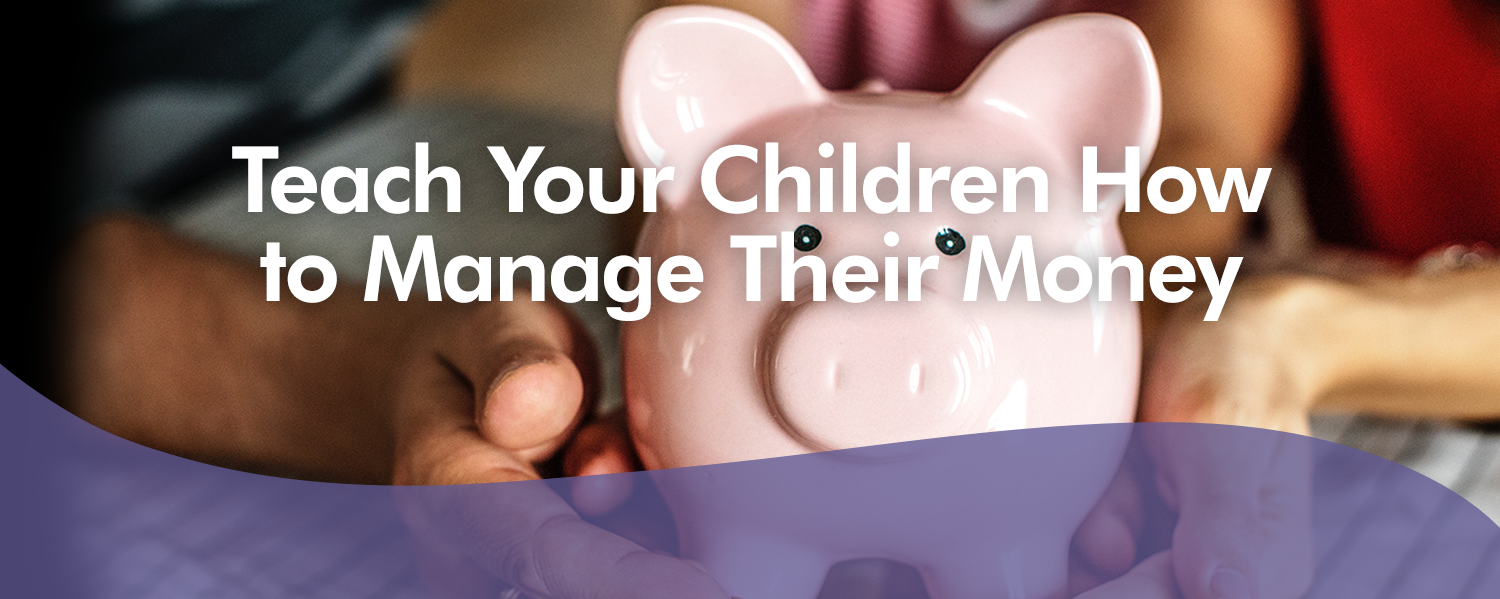The Healthy Investment team have been asking parents how they teach their children about money. As a financial services organisation and as experts in saving and investing, we believe it is extremely important for parents to teach their children how to manage their money at an early age so that when they fly the nest, they have the skills to be able to deal with their incomings and outgoings effectively, without getting into financial difficulty.
Some parents worry about exposing their children to money too early because they want to protect them from adult money pressures. However, helping your children to understand money from an early age will help them manage much better when they are adults.
From the ages of 3-12, we believe that parents should teach their children the concept of earning and spending to help them understand the difference between wants and needs – needs include basics such as food, shelter and clothing and wants are the extras.
A good start would be to let your children see and handle coins, notes and cards in order for them to become familiar with money as part of everyday life.
Healthy Investment tip: take them with you to the supermarket and allow them to choose items from the shopping list – encourage them to compare prices to help you get the best deal.
Healthy Investment tip: encourage your children to complete household chores such as putting their toys away, tidying their bedroom and making their bed, in return for pocket money. Once they have earned the money, let them decide on whether they want to spend it or put it in their piggy bank – this will help them to develop healthy money habits.
Healthy Investment tip: allow them to learn from their mistakes so that they realise what not to do with their money.
The Importance of Saving
It is important for children to understand the importance of saving up for something they really want rather than asking parents or other family members. Help them work out how many weeks’ pocket money they will need to save to get the item they desire – this will help them to understand the value of money and how much things cost.
Healthy Investment tip: decide as a family how you can all save money towards something special such as a family holiday – keep a coin jar and get into the habit of saving change.
Getting Value for Money
Between the ages of 13-19, encourage your children to research and compare products and prices before making a purchase in order to get the best deal. This concept could also apply to them opening a bank account.
For those children in their late teens, it is a good idea to encourage them to find a part-time job. This could be their first step towards financial independence and could play a fundamental role in preparing them for the future.
Budgeting
Learning how to budget will teach children to ensure they have enough money for the things they need – this will also help them to avoid debt.
Healthy Investment tip: if their pocket money has run out do not give them more. This will teach them the concept of “when it’s gone, it’s gone” – something that, as adults, they will need to rely on when it comes to budgeting and living within their means.
The Money Advice Service has some useful ideas and activities to help your children learn about money.
When your children see you budgeting, saving and spending sensibly, they will more than likely acquire the same skills.
Finally, making regular saving a normal part of your children’s routine can lay the foundation for a happy financial future.
Healthy Investment is a modern, growing financial services organisation committed to providing ethical savings and investment products to Members. We are all about supporting people, caring about the community and playing a pivotal role in financial services for the benefit of our Members.
For further information about how we invest Members’ money and the ethical investment products we provide, please visit our website at www.healthyinvestment.co.uk or contact the friendly team at Healthy Investment on 0161 762 5790; or email enquiries@healthyinvestment.co.uk.
Alternatively, you can find out about our ethical products by clicking on the links below:-


